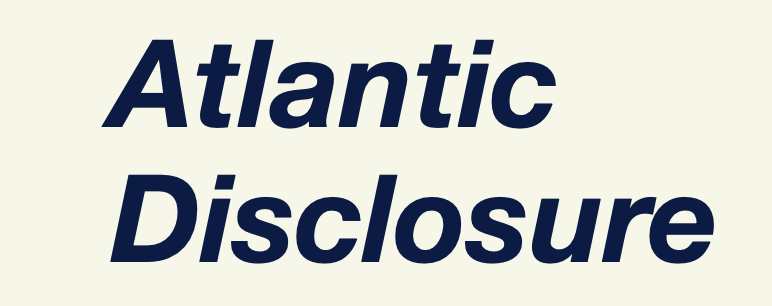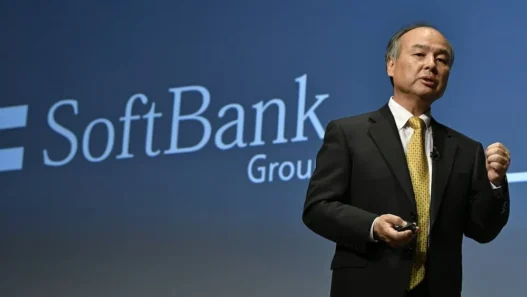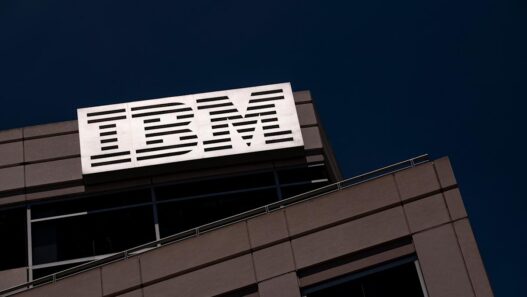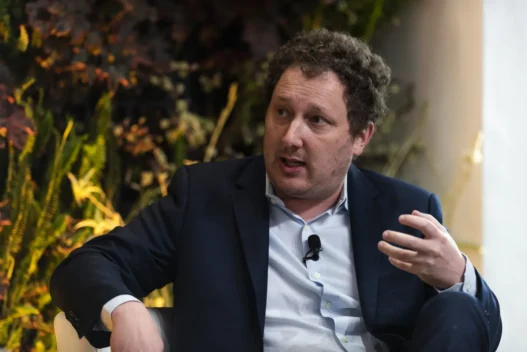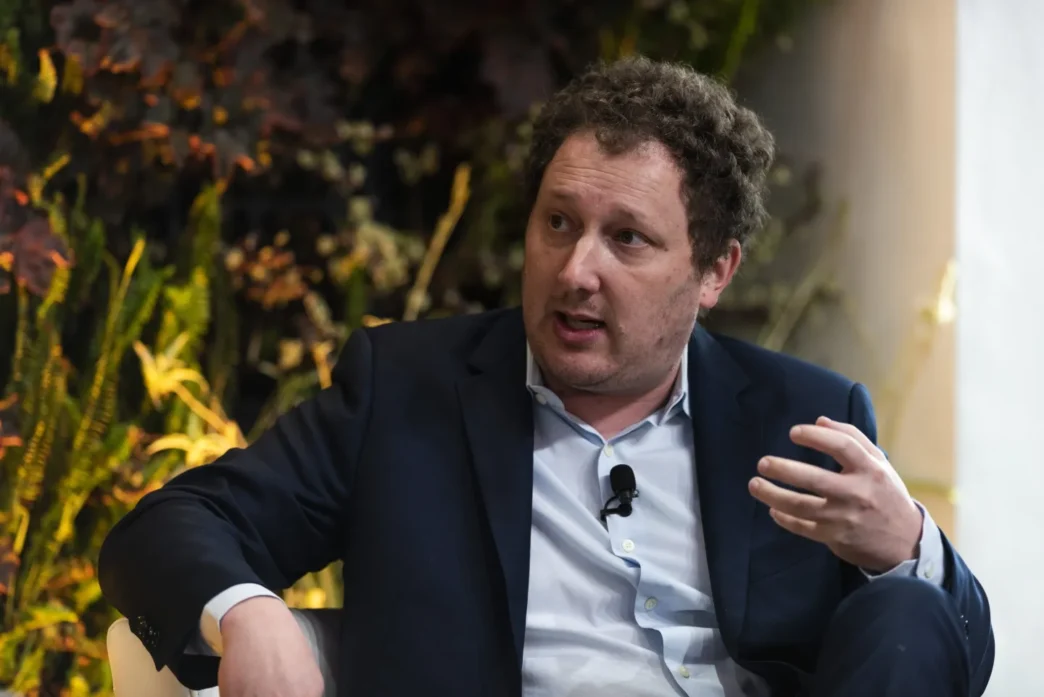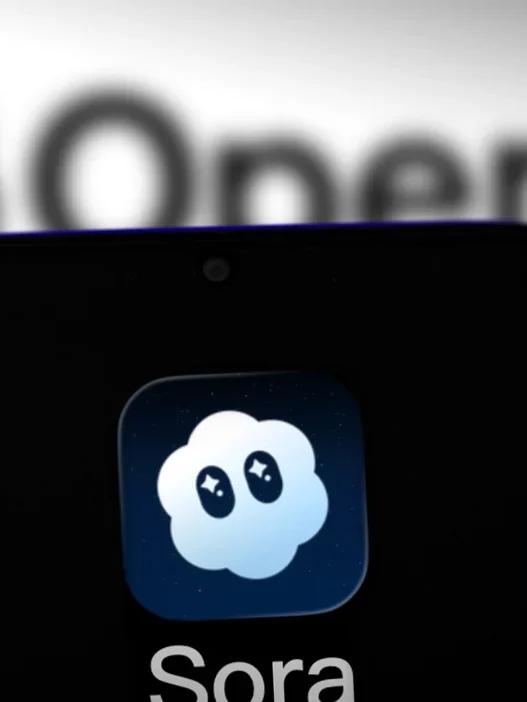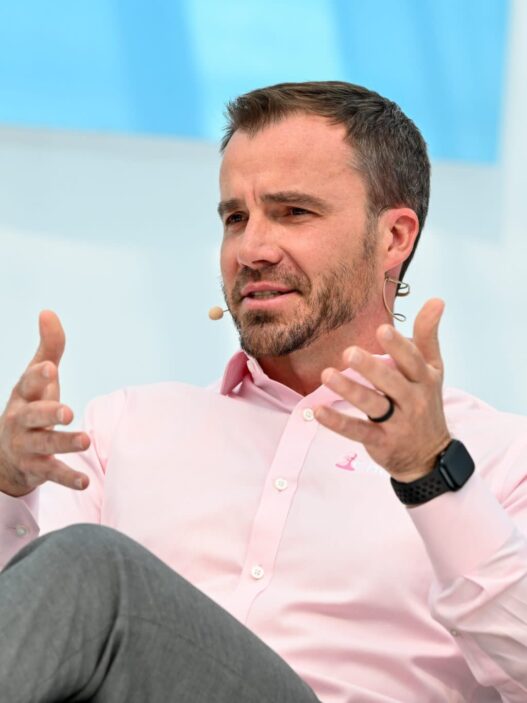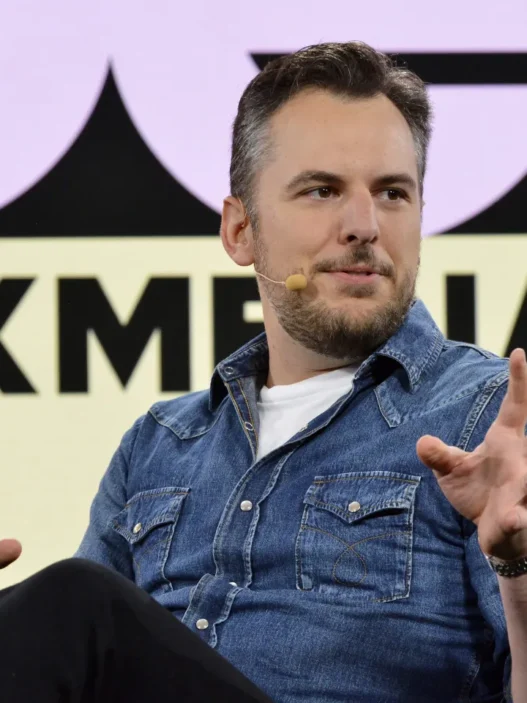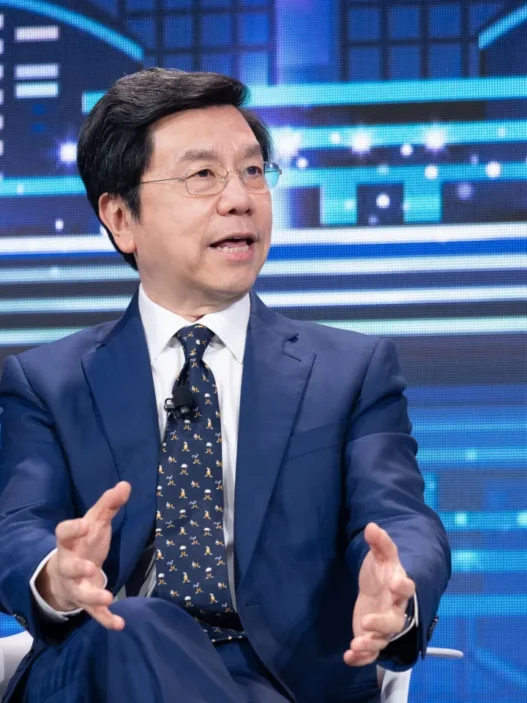In the age of generative AI, business leaders are under growing pressure to adapt or be left behind. According to David Rogier, founder and CEO of MasterClass, the message is blunt: if you’re not using AI every single day, you’re already 20% less effective than your peers.
Rogier, who built one of the world’s most recognizable e-learning platforms, has become one of the most outspoken advocates for AI-assisted leadership. He says his adoption of a custom GPT model—a tailored version of OpenAI’s large language model—has completely changed how he runs his business.
“It’s not just about using AI for tasks,” Rogier said during a recent tech conference in Palo Alto. “It’s about rewiring your workflow. My custom GPT literally gave me back an entire workday every week.”
A CEO’s Secret Weapon: The Custom GPT Revolution
The tool Rogier refers to isn’t a generic chatbot. It’s a bespoke AI model trained specifically on MasterClass’s internal knowledge base, business goals, and leadership tone. It drafts investor updates, summarizes board reports, synthesizes customer feedback, and even generates creative ideas for new celebrity-led courses—all while maintaining the company’s brand voice.
Rogier explained that the system integrates with Slack, Notion, and email, allowing it to filter noise, prioritize communication, and automate strategic preparation.
“I no longer spend hours on prep work,” Rogier said. “The AI reads through hundreds of pages of notes, pulls key points, and even suggests follow-up questions. It doesn’t replace judgment—it enhances it.”
He estimates the system saves him eight to ten hours per week, freeing him to focus on long-term strategy, partnerships, and creative direction.
AI as the New Leadership Divide
Rogier’s comments tap into a growing debate across executive circles: whether AI literacy will become the defining skill for modern leadership.
Consulting firms like McKinsey and Deloitte have already coined the term “AI readiness gap”, describing how executives who integrate AI into their daily decision-making outperform others in speed, adaptability, and strategic clarity.
A recent Harvard Business Review study found that CEOs who use generative AI tools regularly are 32% more productive and make decisions 25% faster than those who don’t.
“There’s a real productivity gap emerging between AI-native leaders and traditional managers,” says Dr. Helena Wu, a professor of organizational innovation at Stanford. “The difference compounds over time—just like compound interest. The leaders who use AI daily will eventually run circles around those who don’t.”
What Rogier’s AI Actually Does
According to Rogier, his custom GPT serves as both a chief of staff and creative partner. It performs a wide range of functions that go far beyond traditional automation:
- Decision Briefing – The AI summarizes multiple internal reports and industry updates into one-page memos for Rogier’s review.
- Scenario Modeling – It runs simulations based on potential business strategies, identifying risks and upside outcomes.
- Content Generation – It drafts course ideas, scripts, and marketing copy, then collaborates with MasterClass’s editorial team for refinement.
- Leadership Reflection – The system even analyzes Rogier’s prior communication style and tone, offering feedback on clarity and consistency.
“Think of it as a mirror for your mind,” Rogier explained. “It knows how I think, what I value, and how the company operates. So instead of starting from zero, I start from 80% completion every time.”
The Broader Implications for Executives
Rogier isn’t alone in his enthusiasm. Tech executives at companies like Shopify, Stripe, and Nvidia have quietly begun developing custom GPTs for leadership operations—essentially personal AI copilots that act as strategic amplifiers.
These tools differ from basic AI assistants in one critical way: they’re fine-tuned on private corporate data and decision-making patterns. This makes them vastly more useful for leadership tasks, but also raises ethical and security concerns about privacy, bias, and data misuse.
“The biggest risk is over-trusting the system,” warns Michael Tan, chief data officer at PwC. “AI can amplify blind spots. It can make mistakes with extreme confidence. That’s why governance and transparency must evolve alongside capability.”
Nonetheless, as Rogier points out, the competitive advantage is too great to ignore.
“We’re already in a future where the CEO who doesn’t use AI is like an executive in 2005 who refused to use email,” he said. “You’ll still function—but you’ll fall behind.”
The Productivity Revolution: From Boardroom to Startup
What began as a Silicon Valley experiment is now expanding into every corner of the business world. From finance to media, real estate, and healthcare, leaders are leveraging AI copilots to increase precision and reduce decision fatigue.
Startups like Adept, Anthropic, and Perplexity AI are racing to build tools tailored for executives, while major corporations are developing in-house generative AI platforms to avoid reliance on public APIs.
In Finland, Nokia’s leadership team uses an AI assistant to digest competitor filings and market signals before board meetings. In Japan, Toyota has a custom GPT analyzing global consumer sentiment and predicting demand shifts months in advance.
The result is a new class of executives—data-enhanced, insight-driven, and operating with what some call “augmented cognition.”
The Cultural Shift: From Hard Work to Smart Work
For Rogier, the rise of AI in leadership isn’t just about efficiency—it’s about redefining what productivity means in the modern workplace.
“We used to glorify the 80-hour workweek,” he said. “Now the most powerful leaders will be the ones who can do in 40 hours what others do in 80—with the help of AI.”
He predicts that within five years, AI fluency will be as fundamental as financial literacy for corporate leaders. Recruiters, he suggests, will soon evaluate not only a CEO’s vision or communication skills but also their ability to collaborate with AI effectively.
“The CEOs who learn to think with AI will outperform those who try to compete against it,” Rogier concluded. “This isn’t about machines replacing us. It’s about humans finally using technology to reach our full potential.”
The Bottom Line
The next generation of CEOs won’t just lead teams—they’ll lead algorithms.
As MasterClass’s David Rogier and others are proving, artificial intelligence is no longer a side tool or novelty. It’s a strategic imperative, a multiplier of human potential, and perhaps the single most transformative leadership skill of the 21st century.
In the race for executive excellence, the message is clear: adapt or fall behind.
